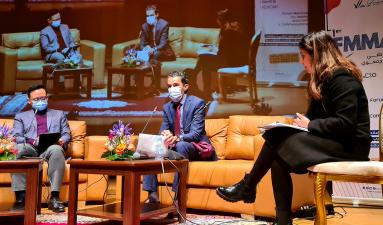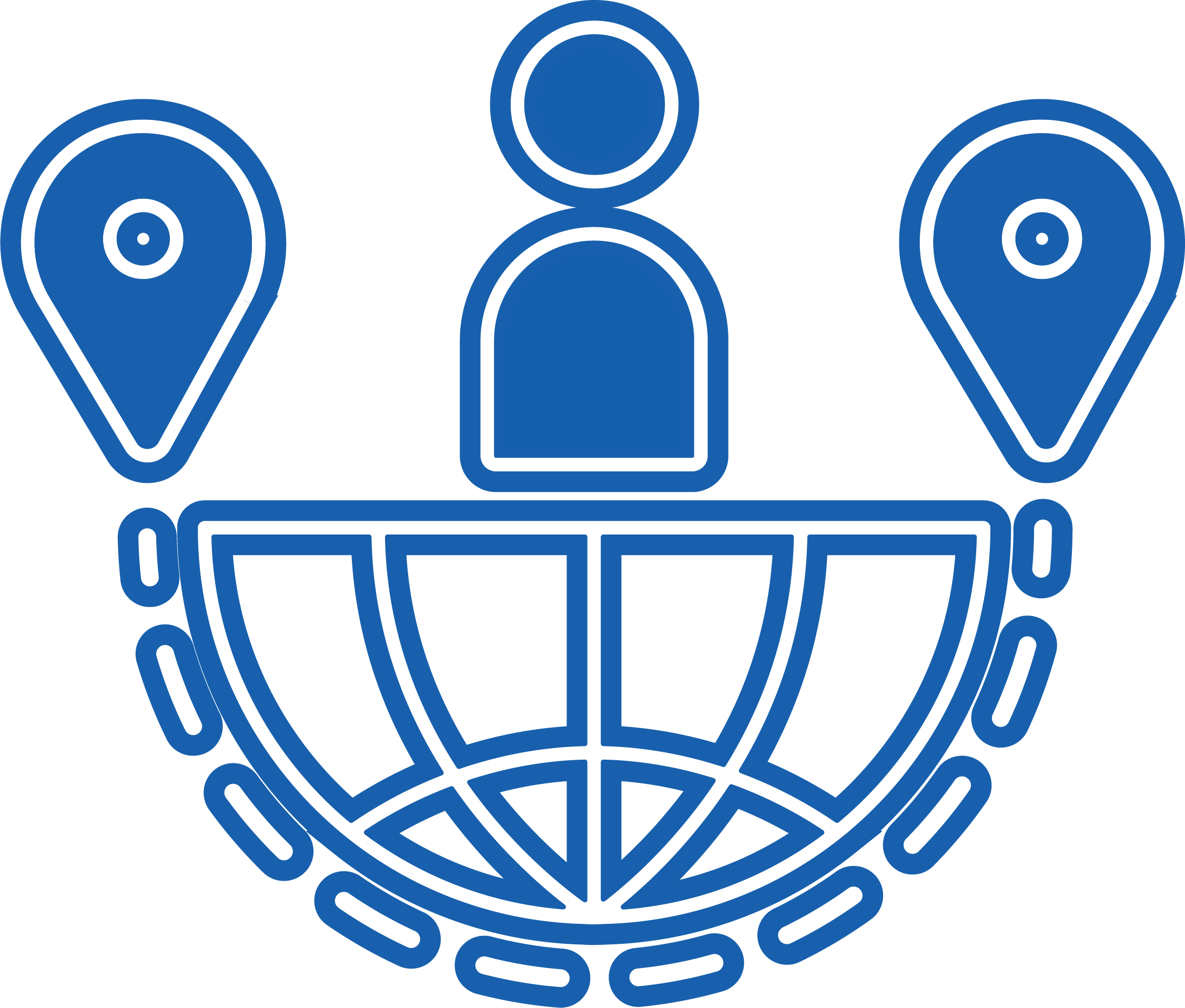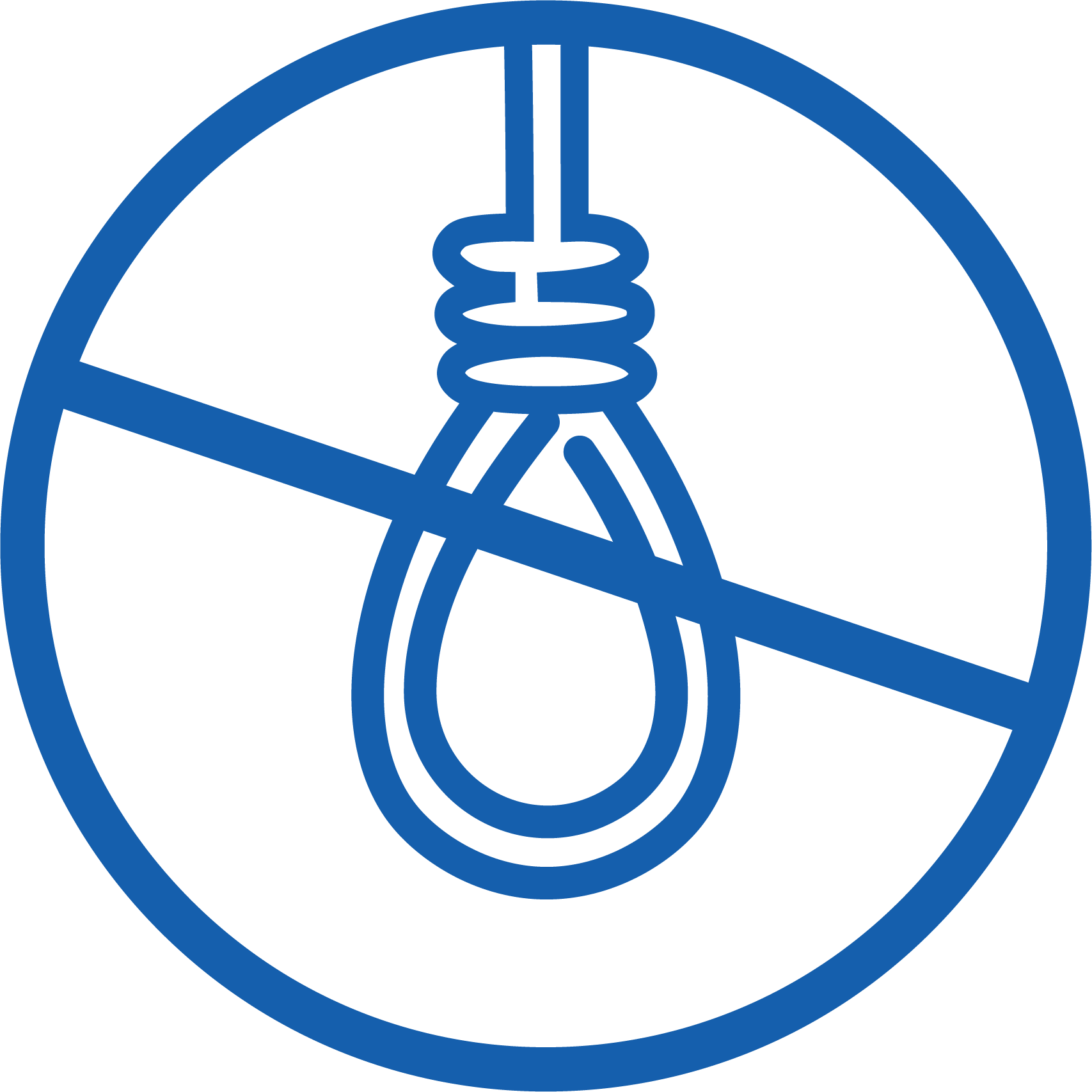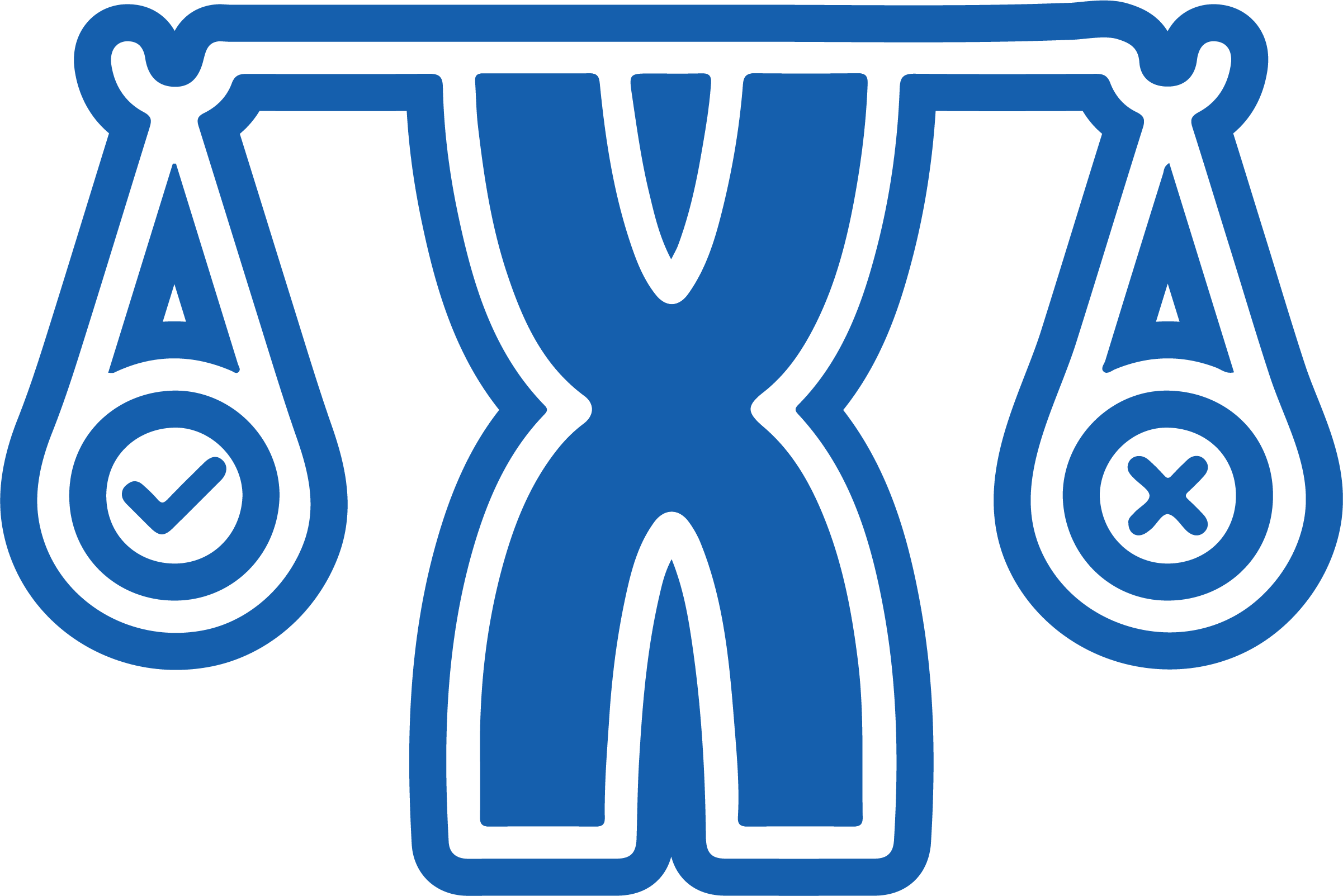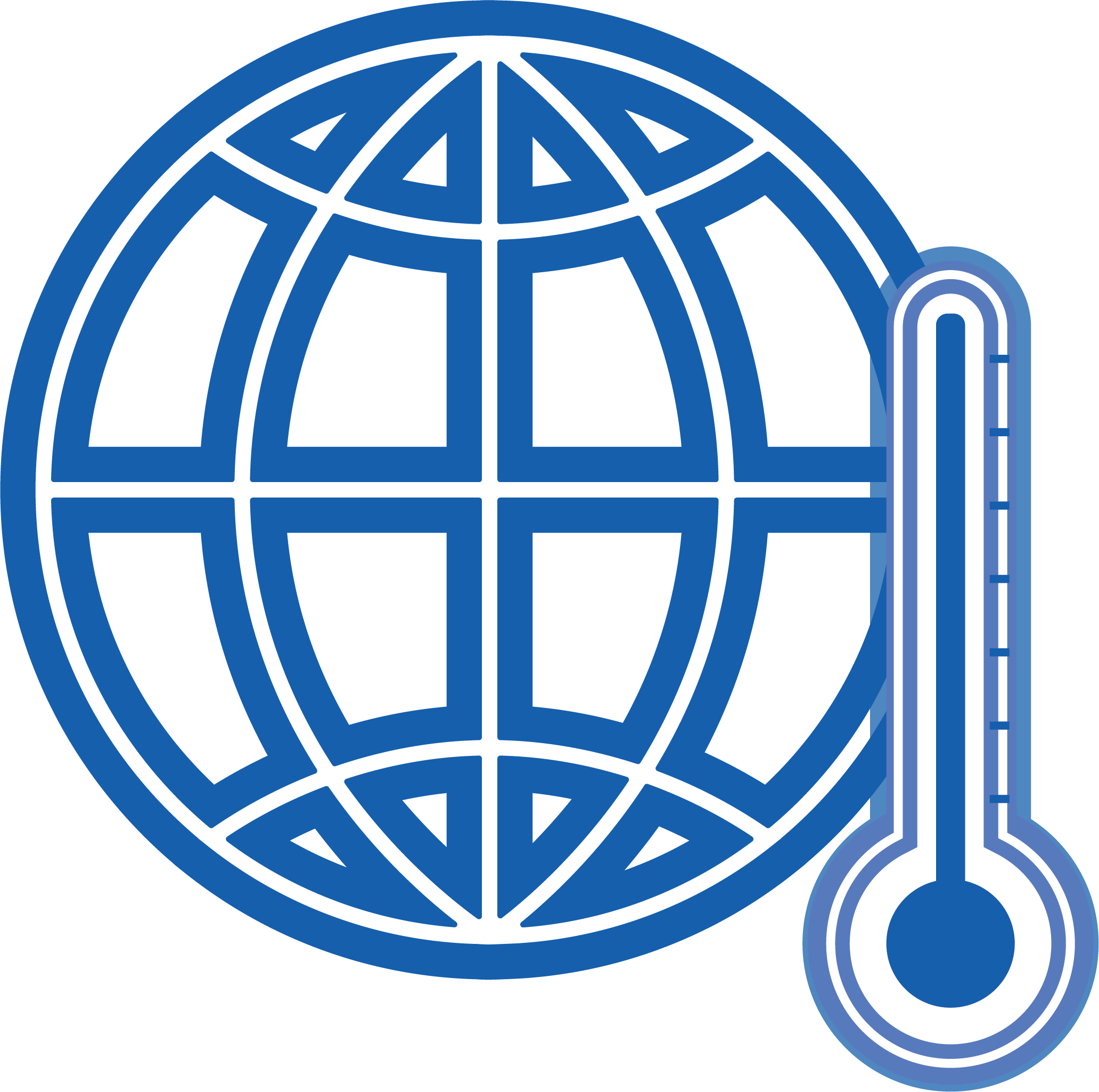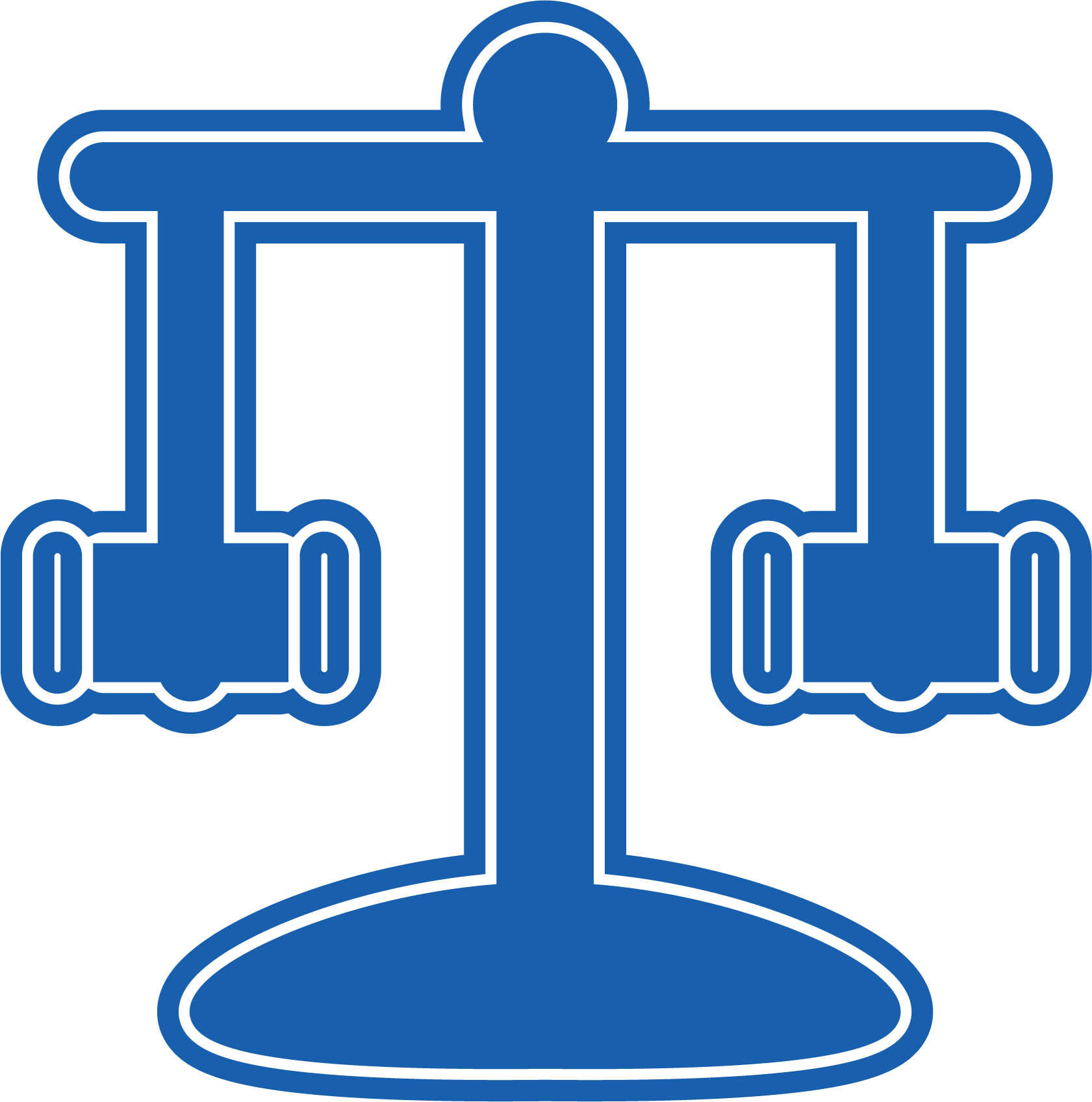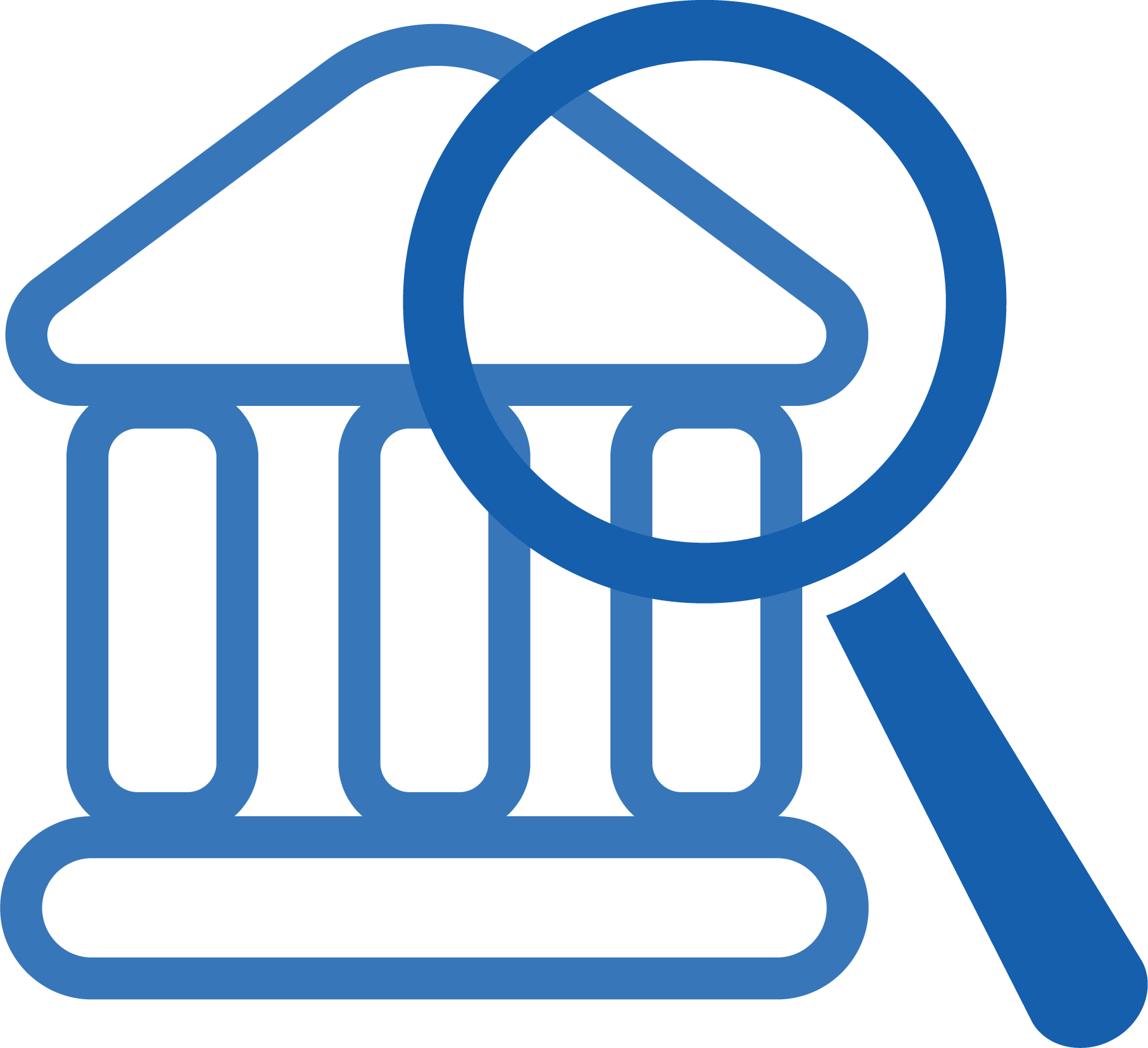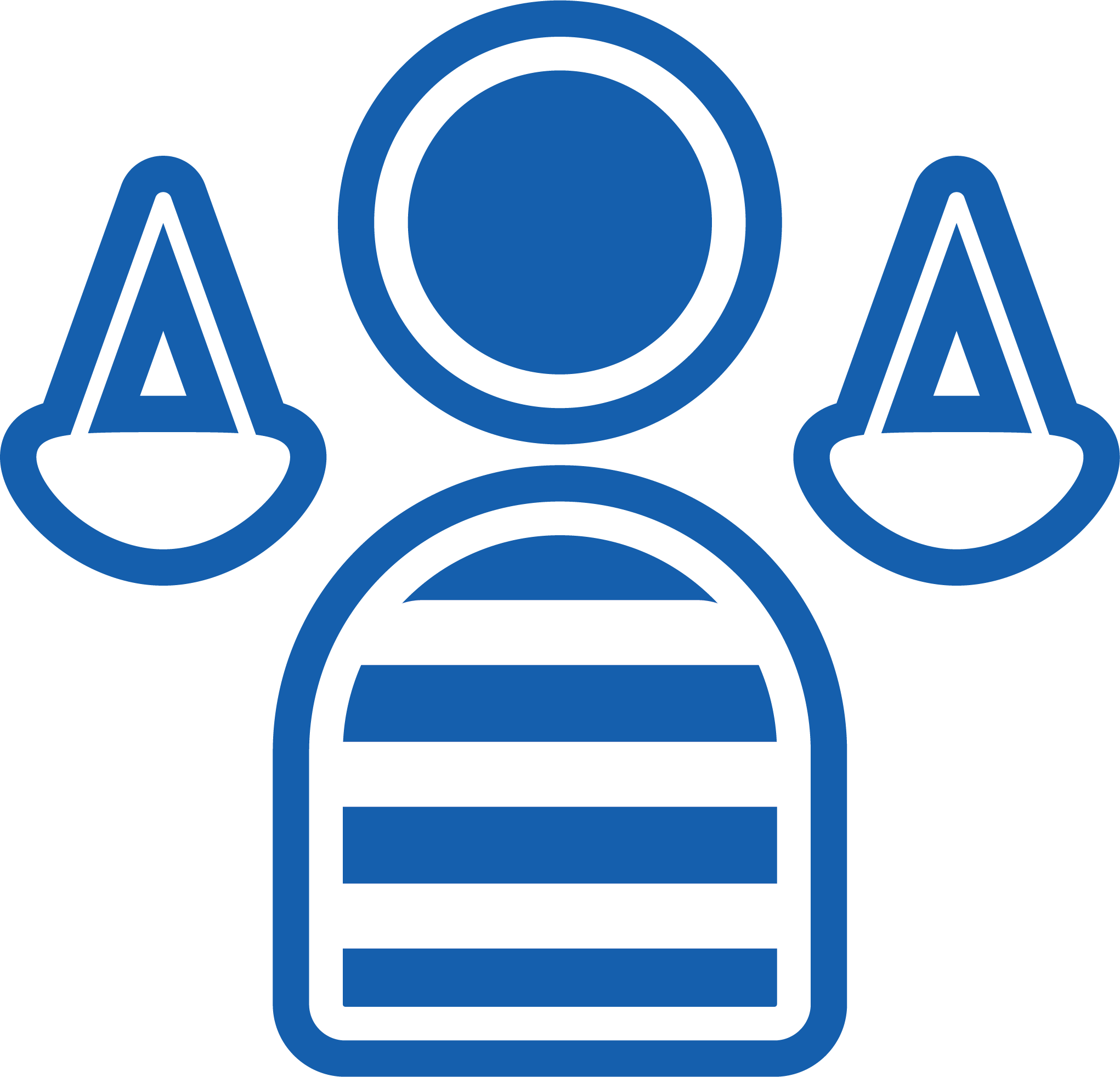Freedom of expression
Freedom of opinion and expression is foundational to democracy, essential for societal progress, individual development, and the enjoyment of various human rights. In line with its strategy focused on the effectiveness of rights, the National Human Rights Council (CNDH) actively monitors efforts to support and enhance diverse forms of freedom of opinion and expression. It also expresses concern over individuals facing freedom-depriving sentences for content published in the digital space and on social media.
In 2022, the Council, in its opinion on Draft Law No. 71.17 amending Law No. 88.13 related to press and publishing, advocated for the adoption of the "Freedom of Information Law" in place of the former. It considers this law a crucial starting point to address challenges arising from new forms of expressing freedom in the virtual space. Envisioned as a cornerstone for press freedom, the proposed law aims to facilitate expanded freedoms, especially with the evolving landscape of public expressions on social media platforms.
CNDH also calls for thorough investigations into allegations related to the virtual expression of public affairs. It advocates for the publication of investigation results to enhance confidence in institutions and combat misinformation. In this context, the Council aims to establish safeguards for the protection of freedom of the press and publication across various platforms. Additionally, it advocates for increased public support to the press sector to promote pluralism, diversity and the modernization and rehabilitation of press entities, ensuring their sustainability.
Freedom of assembly and demonstration
The right to peaceful assembly is safeguarded by international instruments and enshrined in Morocco's Constitution. Demonstrations in Morocco have experienced notable evolution in recent decades, propelled by social media, providing a virtual platform for the exercise of the right to expression and protest.
CNDH and its Regional Commissions monitor peaceful demonstrations across various regions of Morocco, addressing diverse thematic issues such as access to rights, protesting against high prices of goods, expressing concerns of professional groups, or advocating for the release of detainees. The Council’s Commissions, in certain cases, engage in mediation and proactive intervention to prevent potential violations.
Freedom of association
The Universal Declaration of Human Rights (UDHR) (Article 20) and the International Covenant on Civil and Political Rights (Article 22) safeguard freedom of association, a principle enshrined in the preamble and various chapters of the 2011 Constitution, detailing guarantees and mechanisms for association freedoms. Association activities in Morocco are regulated by legislation, particularly Decree No. 1-58-376 issued on November 15, 1958, governing the right to establish associations.
Despite the provisions of this law enabling civil society's role in democracy and development, challenges persist, affecting the effectiveness of collective work. Ambiguities and differing interpretations of legal texts governing association establishment lead to tensions between collective actors and local administrative authorities, often not aligned with the realities of associational practice and emerging forms of public expression.
Figures
13,471 gatherings and demonstrations were held in 2021, involving 669,416 participants.
11,874 gatherings and demonstrations were held in 2022, with 450,487 participants.
538 peaceful demonstrations were monitored by CNDH and its Regional Commissions in 2022.
259,000 associations were legally established nationwide as of 2022.
Around 10,422 new associations were established in 2022.
22,813 national associations renewed their offices.

